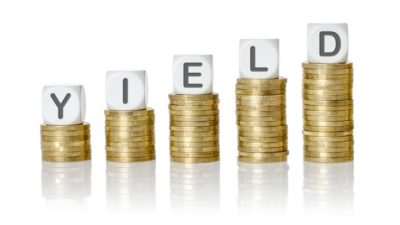It may seem like an odd comparison to make. But BlackBerry Ltd (TSX: BB)(NASDAQ: BBRY) and Thomson Reuters Corporation (TSX: TRI)(NYSE: TRI) have much in common.
Back in 2007, both were Canadian technology darlings. Then came the financial crisis, which didn’t help. Botched product releases didn’t help either. Each company had poor corporate cultures (Thomson’s problems with culture came as a result of its merger with Reuters). And competitors have stepped in and stolen market share from both of these companies.
Yet the two firms have one notable difference: their share price performances. Since late June 2008, BlackBerry shares have fallen by more than 90%, while Thomson’s shares have increased by 18%. So what makes the two companies so different? And does this give any hints as to which company you should buy today?
First difference: diversification
Thomson has received a lot of flak for the subpar performance of its Financial & Risk (F&R) division. But F&R consists of many different segments, most of which are performing just fine. And F&R only accounts for about half of revenue overall. Other divisions, such as Legal, are managed separately, and are not affected by any of F&R’s difficulties.
By contrast, BlackBerry’s success pre-2008 was entirely due to one thing: an ability to make and sell smartphones that were preferable to competing products. That advantage has of course disappeared.
So there’s a lesson here: it’s not about how many stocks you own. Because if all your holdings are betting their future on one market, you may not be as diversified as you think.
Formidable competitors
It’s true that Bloomberg is a very strong competitor to Thomson Reuters. But in most F&I markets, Thomson Reuters competes against few others. And in other divisions such as Legal, competition is even weaker.
Compare that to BlackBerry, which competes against the likes of Apple Inc., Google Inc, and Samsung Group. And this is a problem the company continues to face. So even as CEO John Chen talks about the company’s advantages, such as security, who thinks these giants can’t close the gap? This is certainly something you should think about before buying BlackBerry shares.
Subscription vs. new technology
This may be the biggest difference between the two companies. BlackBerry must continually evolve, and come up with ever-improving products, just to maintain its existing sales. Meanwhile, Thomson sells products based on subscriptions, and its products can be a pain to switch away from.
So while BlackBerry was bleeding market share, Thomson shares only eroded by about five percentage points (from 35% to 30%). And this only occurred in its F&R division.
So what should you do?
I know what you’re thinking: hindsight is 20/20, and this does not help anyone decide what to buy today.
But then again, BlackBerry still faces these same headwinds. It is still under pressure to constantly innovate. It is competing with some serious heavyweights. And it is going all-in on this one turnaround strategy. If it doesn’t work out, there could be some (more) painful losses.
Meanwhile, Thomson still enjoys the same benefits that have helped the company persevere. Even better, the company is starting to perform better again. So even though the shares may not seem as cheap, Thomson shares are still a safer bet than BlackBerry’s.







